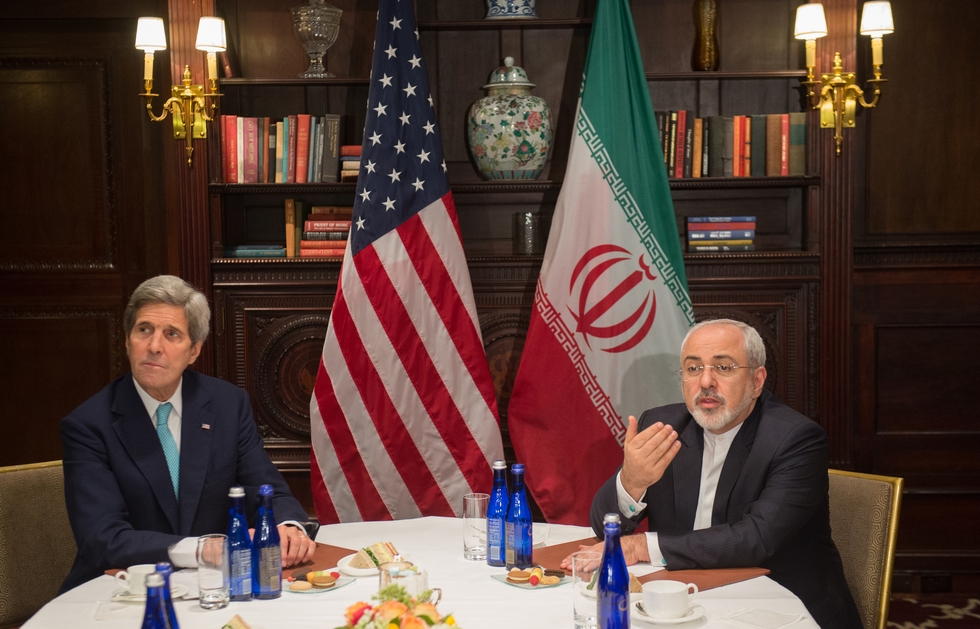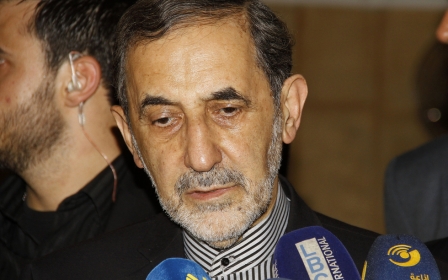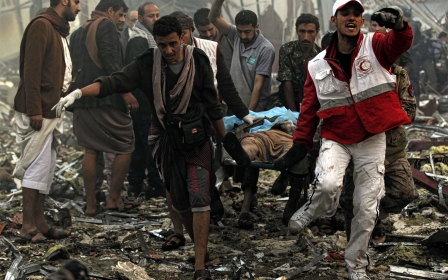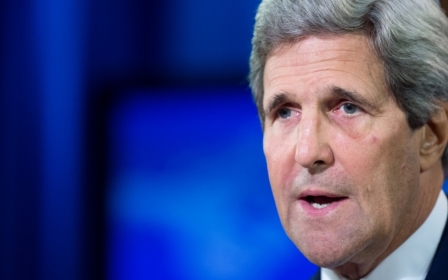US, Iranian chief diplomats win prize for Iran nuclear deal

US Secretary of State John Kerry and Iranian Foreign Minister Mohammad Javad Zarif have won an international diplomatic prize for their part in a historic agreement on Iran's nuclear programme, organisers announced on Monday.
The two officials, who negotiated the deal face-to-face and together with counterparts from the P5+1 powers (the US, China, Russia, France, Britain and Germany) between 2013 and 2015, won the Chatham House Prize "in recognition of their crucial roles" to resolve "one of the most intractable diplomatic stand-offs in international affairs in the 21st century," Britain's Chatham House think-tank said in a statement.
The agreement - aimed at stopping Iran from using its civilian nuclear industry to develop a nuclear weapon in exchange for the lifting of sanctions against Tehran - was signed in July 2015 and implemented in January.
The deal that "many thought impossible" sealed "a victory for diplomacy as well as against nuclear proliferation," the prestigious London research centre said.
In Washington, the State Department - which does not maintain full diplomatic relations with Tehran's Foreign Ministry - said Kerry was "grateful for being selected for this prize," stressing that the deal was "a team effort internationally, with the other members of the P5+1, as well as the European Union."
After the deal's signing, rumours circulated about a possible Nobel Peace Prize for the P5+1 group or Kerry and Zarif last year.
The major diplomatic breakthrough helped initiate a tentative thaw in relations between the United States and Iran. However, ties have been further strained recently over Tehran's part in Syria's conflict and elsewhere in the Middle East, as well as Western banks' reluctance to invest in the Islamic republic.
Recent Chatham House Prize recipients include former US secretary of state and current presidential candidate Hillary Clinton, Burmese leader Aung San Suu Kyi and the aid organisation Doctors Without Borders.
Middle East Eye propose une couverture et une analyse indépendantes et incomparables du Moyen-Orient, de l’Afrique du Nord et d’autres régions du monde. Pour en savoir plus sur la reprise de ce contenu et les frais qui s’appliquent, veuillez remplir ce formulaire [en anglais]. Pour en savoir plus sur MEE, cliquez ici [en anglais].




